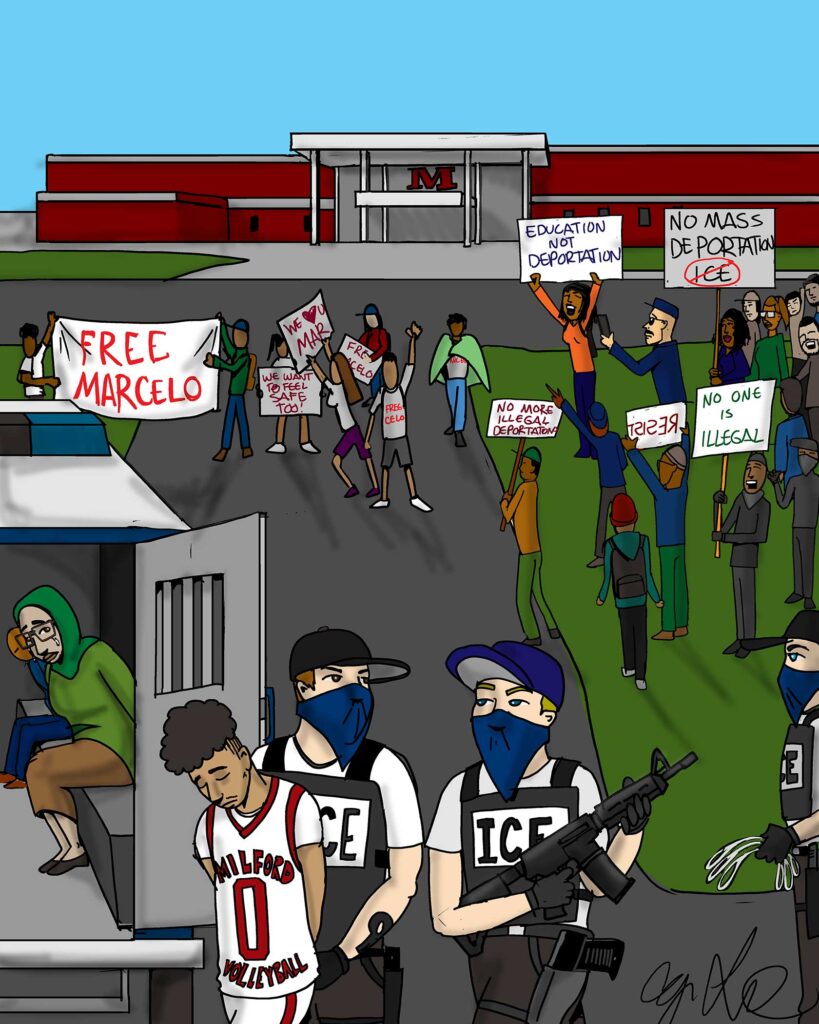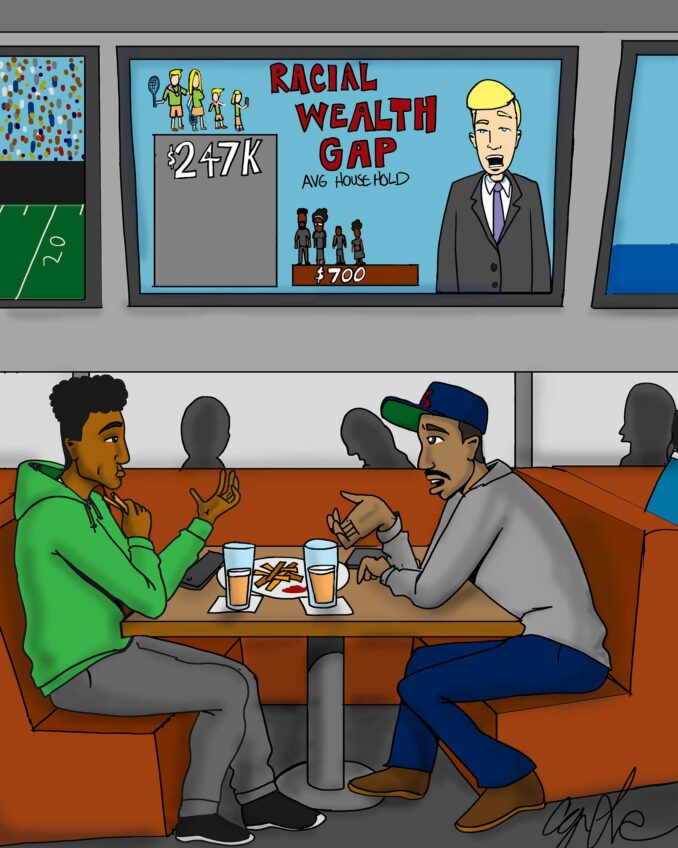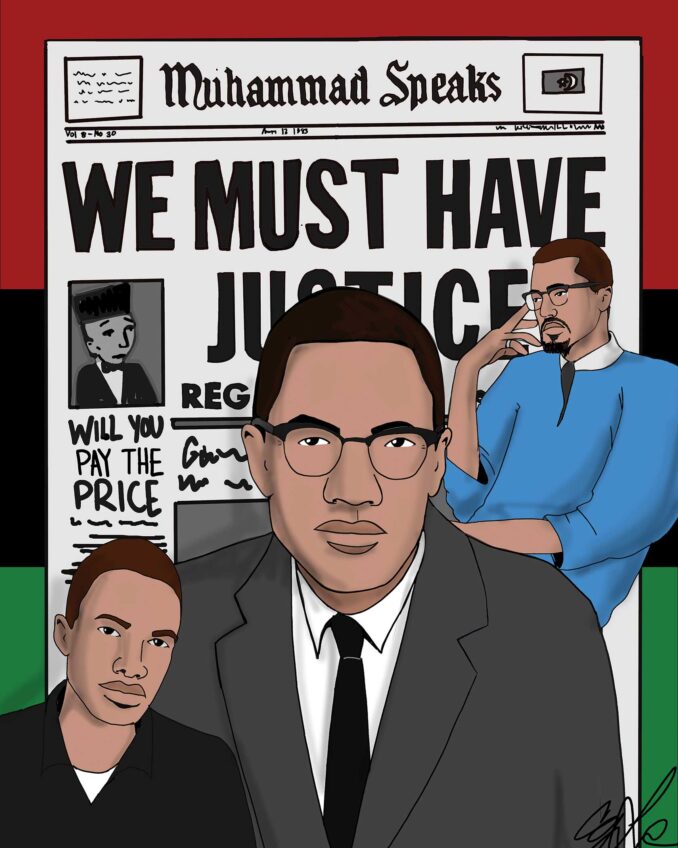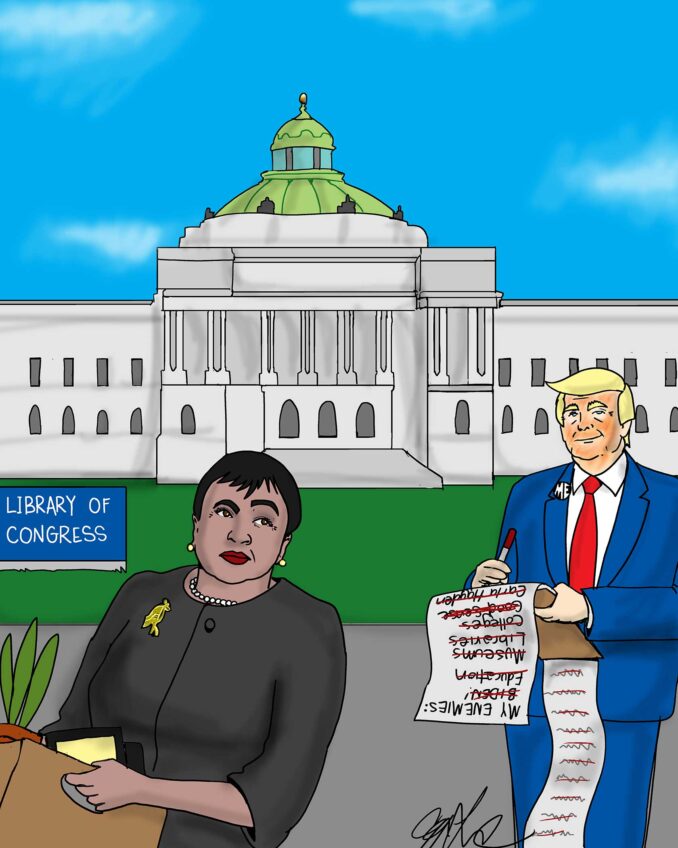
There is only one word for the Trump administration’s latest moves to deport immigrants of color: cruel. For those communities and the entire country, the great misfortune is the heartless actions represent more of the same from officials carrying out the bidding of President Trump. He might think he’s making himself look strong, but he actually looks weak and is further weakening this country’s moral authority around the world.
Agents from Immigration and Customs Enforcement have removed from the quiet streets of exurban Milford an 18-year-old who is an honors student at the town’s high school, brought from Brazil by his parents more than a decade ago. Marcelo Gomes Da Silva attended kindergarten at Milford Public Schools. Like many students, he misbehaved a bit in middle school but had matured in high school. In a town with a large Brazilian population, fellow students and even some teachers and administrators have rallied to protest his detention.
What threat, to public safety or otherwise, does Marcelo represent? If his schooling was draining Milford resources, why are the town’s educators rising to his defense?
Marcelo’s detention puts a human face on this administration’s indiscriminate, blanket approach to pursuing its goals.
A federal court has gotten involved, but if Marcelo is deported, at least he would be returned to a country that is relatively stable.
Not so with the half million people on humanitarian parole from Haiti, Nicaragua, Venezuela and Cuba, whose temporary protective status Trump has revoked. The Supreme Court has allowed the revocation to stand while challenges are considered in lower courts. As long as such cases take, many could be deported long before a lower court decision is likely to be appealed to the Supreme Court.
The largest proportion of people losing protective status are from Haiti, about 213,000. They all entered the country legally. Official numbers on how many live in Massachusetts are not available, but the preliminary Supreme Court ruling has sent shockwaves through Boston’s Haitian community, the country’s third largest after south Florida and New York City. Some local Haitian Americans may also have relatives or friends who had protective status and live elsewhere.
The protective status is intended to be temporary, lasting until their home countries settle down from natural disaster, war or civil disorder. It is a compassionate policy fitting for a country that was largely populated by immigrants fleeing religious persecution or economic turmoil in Europe who didn’t bother to apply to the sovereign nations indigenous to this land for permission.
No one in the world could possibly believe the Haiti of today has settled into stability. Well-armed gangs control most of the capital of Port-au-Prince, the writ of the unelected government doesn’t extend far, and an international force led by Kenyans has made little headway toward peace and stability. The situation is so dangerous that there are prosperous local Haitians, with unquestioned legal status, who own houses in their homeland and would like to visit but dare not.
Into this situation, Trump wants to drop more than 200,000 people, most with far fewer resources to protect themselves behind gated walls around wherever they might find to live. To paraphrase a question from the McCarthy era: Have you no heart, sir?
Affected people losing protective status must be in a quandary about what do. Some have applied for refugees or other kinds of legal immigration status. Will they be able to see that process to the end? Or will they be detained when they show up when they’re supposed to? Some may be contemplating a move to Canada, a more welcoming country. Others are staying close to home, assuming ICE agents don’t know where to find them, while still others may be planning to disappear to try to make sure they don’t.
It is a time of high stress for these spurned people, stress that surely is reverberating in Haitian communities in Mattapan and Hyde Park.
Beyond such communities, the planned deportations would have an impact on the country’s workforce. Many Haitian immigrants provide vital care for elders as certified nursing assistants, home health aides, housekeepers and food service workers in nursing homes, here in Massachusetts and other states. Some of those workers had temporary protective status. Nursing homes, because the pay isn’t great, are notoriously hard to staff fully.
It may be too much to put hope in the federal courts to preserve protective status for Haitians, Nicaraguans, Venezuelans and Cubans. After all, if a president can grant that status, then it makes sense that one can take it away.
To comport with the intended purpose of protective status, though, it should not be taken away without conducting an honest, rational assessment of the measure of stability in the home country. It’s called “humanitarian” parole for a reason.
Trump appears not to understand that word, unless it involves concocting fictitious persecution of white people, namely, those alleged refugees admitted with great fanfare from South Africa, whose Black-led government has yet to seize any land from the descendants of Dutch colonizers who stole it from that country’s indigenous peoples.
Ronald Mitchell
Editor and Publisher, Bay State Banner








Leave a Reply
You must be logged in to post a comment.